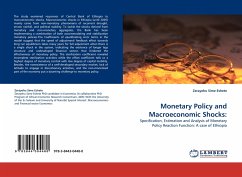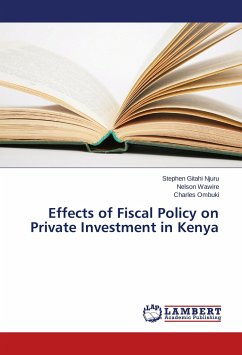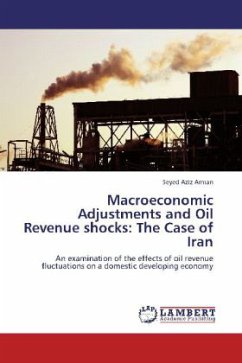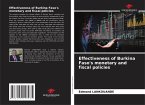To foster macroeconomic stability and growth in output for an economy, fiscal and monetary policies remain important economic management instruments. However, potency of these policies has been a major concern to economists for a long time resulting in the debate on the effectiveness of monetary and fiscal policy by two different schools of thought. Today, despite the many empirical studies the controversy surrounding the effectiveness of these policies is still unresolved. The results from various past studies vary from country to country hence a country specific study to investigate whether monetary and fiscal variables have a predictive content for output is necessary. This study has contributed to the existing literature by investigating the relative impact of both fiscal and monetary policy on output in the Kenya.The study employed the recursive Vector Autoregressive (VAR) approach in analysis to avoid methodological weaknesses that are the cause of the controversial empirical findings regarding the relative impact of the two policies on output.







